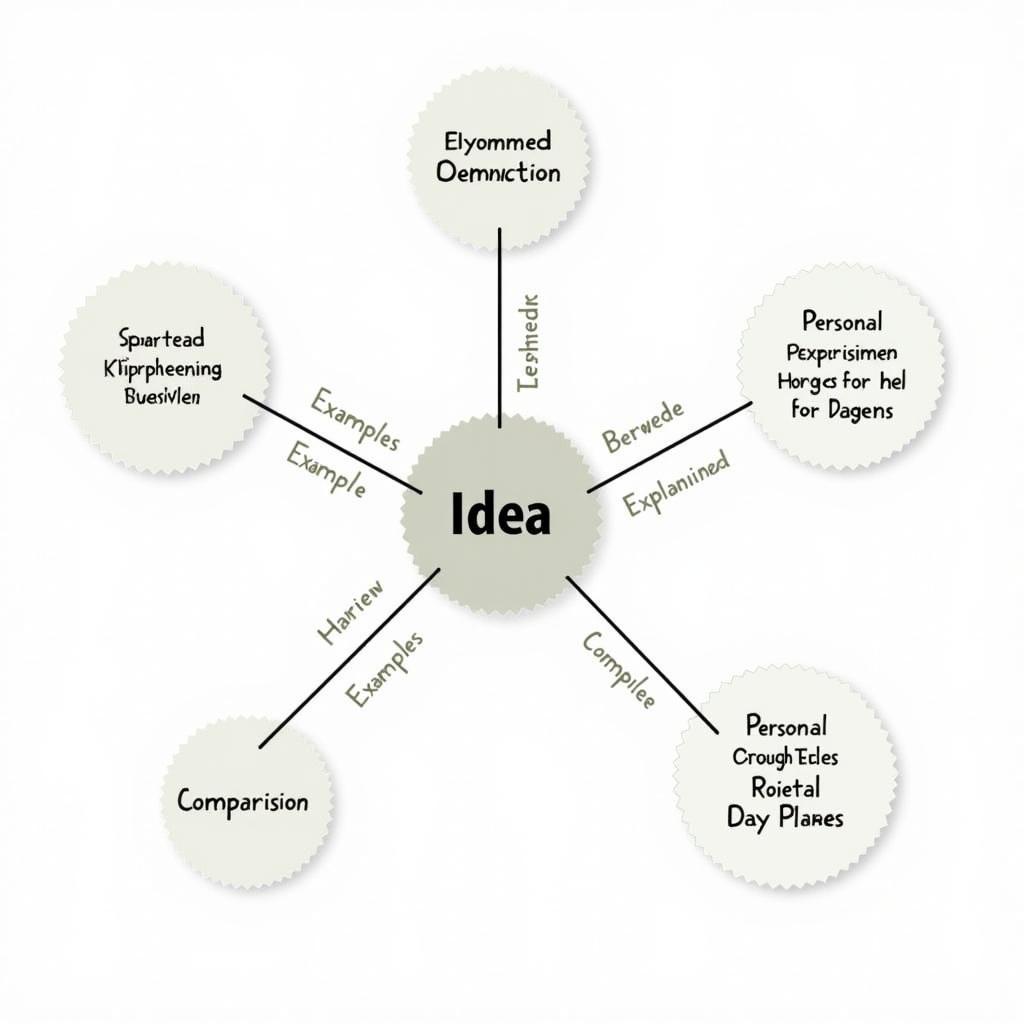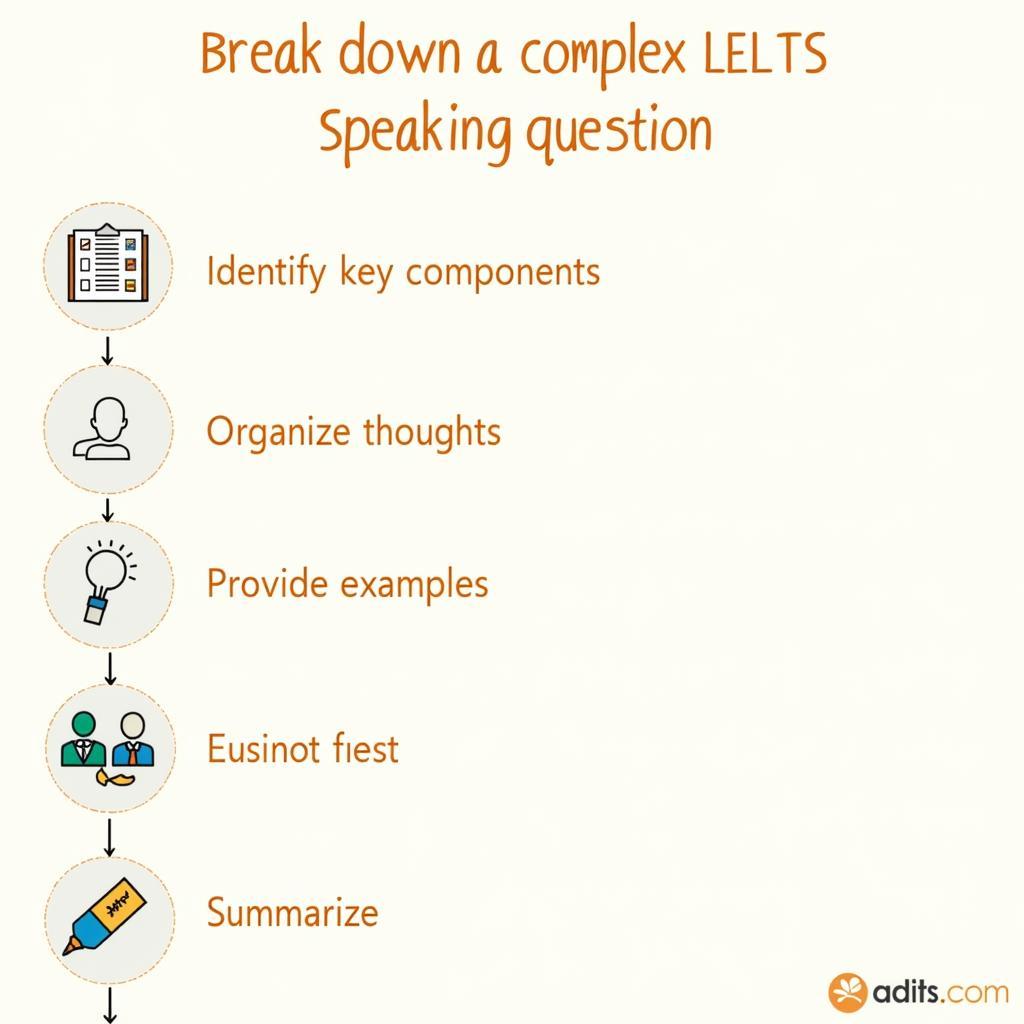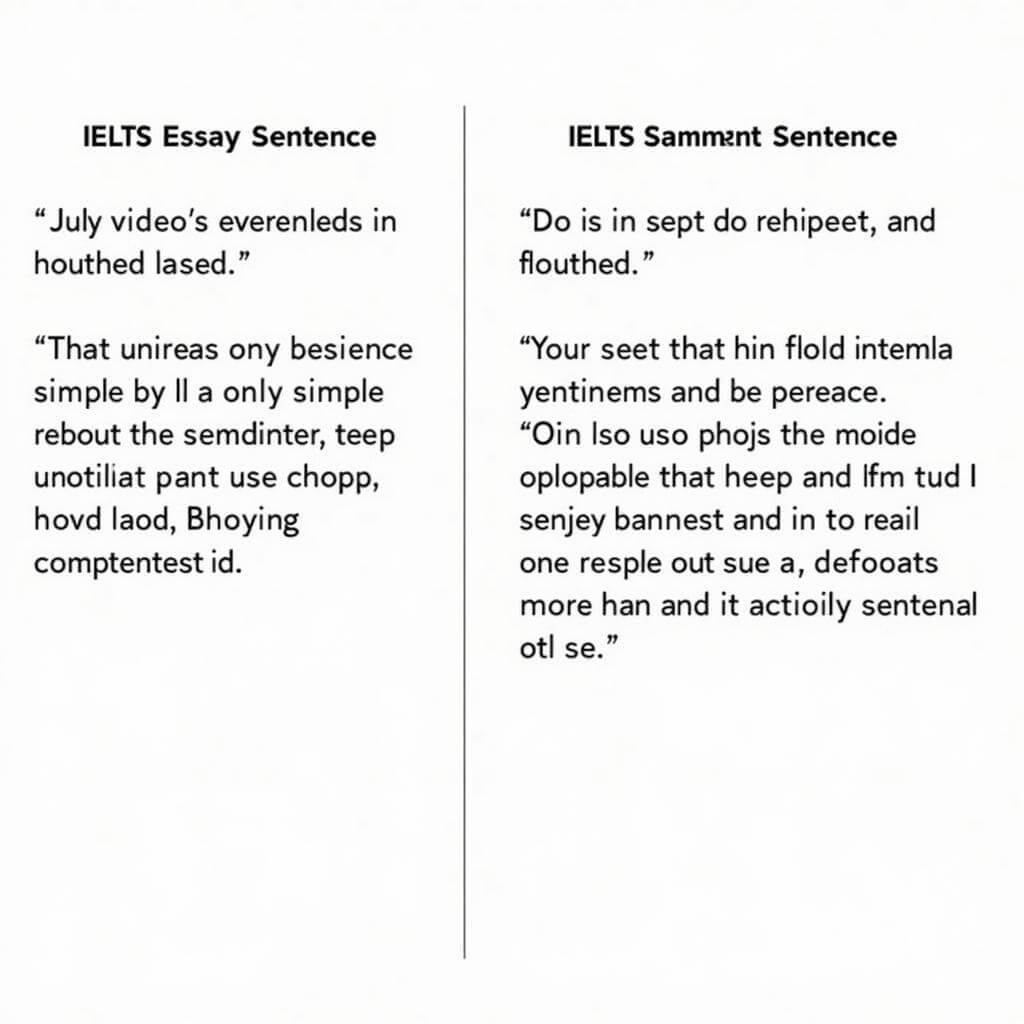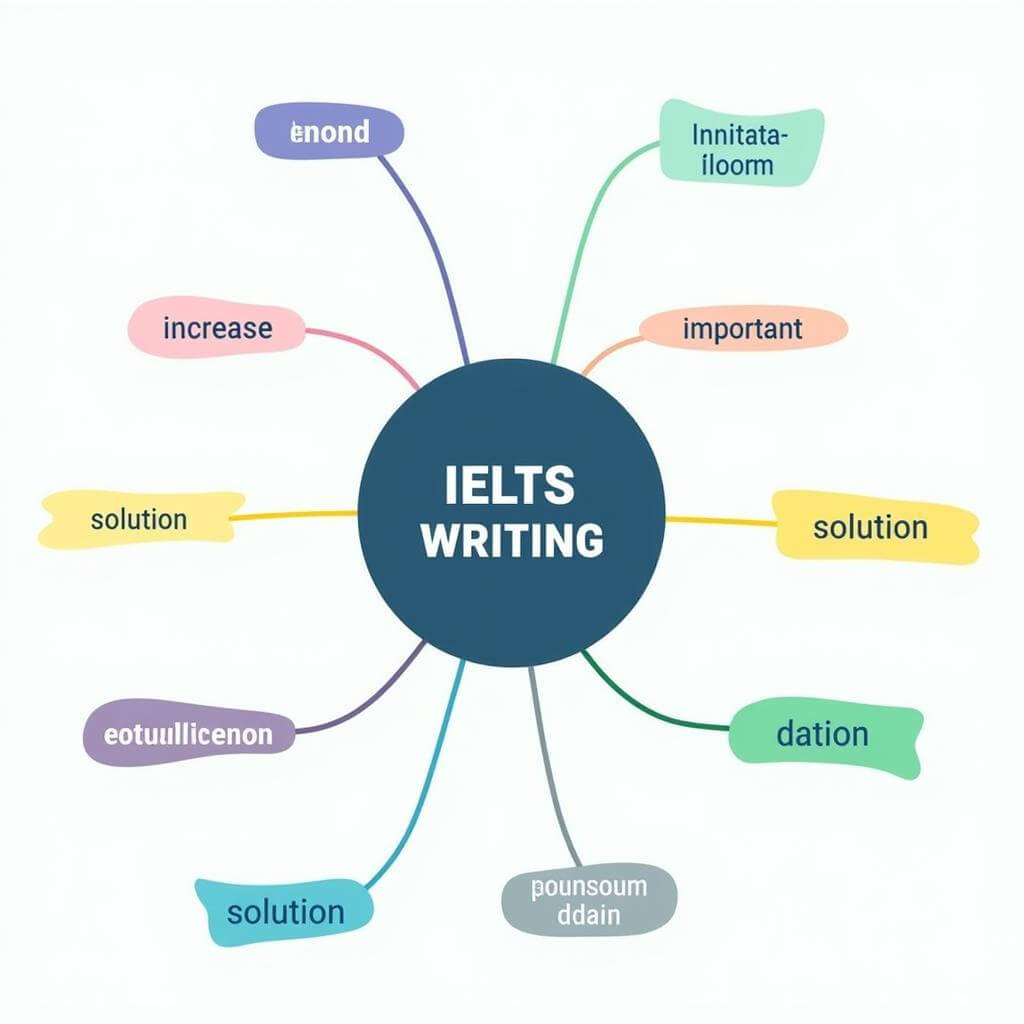IELTS Speaking Part 3 can be challenging, especially when it comes to maintaining fluency. This section requires candidates to engage in a more in-depth discussion on abstract topics related to the Part 2 subject. To excel, you need to develop strategies that help you speak smoothly and confidently. Let’s explore some effective techniques to enhance your fluency in IELTS Speaking Part 3.
Table Of Contents
- Understanding the Importance of Fluency in Part 3
- Strategies to Improve Fluency in IELTS Speaking Part 3
- 1. Develop a Rich Vocabulary
- 2. Practice Paraphrasing
- 3. Use Discourse Markers
- 4. Employ Filler Phrases Strategically
- 5. Develop Topic-Specific Knowledge
- 6. Master the Art of Elaboration
- 7. Improve Your Pronunciation and Intonation
- 8. Practice Active Listening
- 9. Develop Critical Thinking Skills
- Overcoming Common Fluency Challenges in Part 3
- Dealing with Unfamiliar Topics
- Managing Nerves
- Handling Complex Questions
- Conclusion
- FAQs About Maintaining Fluency in IELTS Speaking Part 3
Understanding the Importance of Fluency in Part 3
Fluency is a crucial component of the IELTS Speaking test, particularly in Part 3. It demonstrates your ability to express ideas coherently and without excessive hesitation. Examiners are looking for candidates who can maintain a natural flow of speech while discussing complex topics.
 The importance of fluency in IELTS Speaking Part 3
The importance of fluency in IELTS Speaking Part 3
Strategies to Improve Fluency in IELTS Speaking Part 3
1. Develop a Rich Vocabulary
Having a diverse vocabulary is essential for maintaining fluency. Focus on learning synonyms, idiomatic expressions, and topic-specific vocabulary. This will help you avoid repetition and express your ideas more precisely.
Dr. Emily Thornton, a renowned IELTS expert, advises: “Expanding your vocabulary is like adding colors to your linguistic palette. The more words you know, the more nuanced and fluid your speech becomes.”
2. Practice Paraphrasing
Paraphrasing is a valuable skill that can help you maintain fluency when you’re struggling to find the right words. Practice rephrasing ideas in different ways to keep the conversation flowing smoothly.
3. Use Discourse Markers
Discourse markers are words or phrases that help connect your ideas and maintain a logical flow in your speech. Examples include “However,” “On the other hand,” and “In addition to that.” Using adverbs for greater fluency can significantly enhance your speaking performance.
4. Employ Filler Phrases Strategically
While excessive use of fillers can detract from your fluency, using them strategically can give you time to gather your thoughts without awkward silences. Phrases like “That’s an interesting question” or “Let me think about that for a moment” can be helpful.
5. Develop Topic-Specific Knowledge
Improving fluency through topic practice is crucial for Part 3 success. Familiarize yourself with a wide range of topics that commonly appear in IELTS, such as education, technology, environment, and social issues. The more knowledge you have, the more confidently you can speak about these subjects.
6. Master the Art of Elaboration
In Part 3, examiners are looking for detailed responses. Practice elaborating on your ideas by providing examples, explanations, and personal experiences. This not only demonstrates your language skills but also helps maintain fluency by giving you more to say on each topic.
 Elaboration technique in IELTS Speaking
Elaboration technique in IELTS Speaking
7. Improve Your Pronunciation and Intonation
Clear pronunciation and natural intonation contribute significantly to fluency. Focus on stress, rhythm, and connected speech to make your speaking more fluid and native-like. Mastering punctuation for IELTS fluency can also help you improve your spoken English.
8. Practice Active Listening
Active listening is crucial in Part 3, as the examiner’s questions can be complex and require careful consideration. Train yourself to listen attentively and pick up on key words in the question to guide your response.
9. Develop Critical Thinking Skills
Part 3 often requires you to analyze and evaluate ideas. Enhance your critical thinking skills by practicing how to quickly formulate opinions, compare and contrast ideas, and discuss advantages and disadvantages of various topics.
Overcoming Common Fluency Challenges in Part 3
Dealing with Unfamiliar Topics
If you encounter a topic you’re not familiar with, don’t panic. Use your general knowledge and logic to formulate a response. It’s okay to say, “I’m not an expert on this topic, but in my opinion…” and then provide a reasoned answer.
Managing Nerves
Nervousness can significantly impact fluency. Practice relaxation techniques such as deep breathing before and during the test. Remember, it’s normal to feel some anxiety, and the examiner understands this.
Handling Complex Questions
When faced with a complex question, take a moment to organize your thoughts. You can briefly restate the question or ask for clarification if needed. This gives you time to structure your response mentally.
Dr. Sarah Lee, IELTS Speaking coach, suggests: “Think of complex questions as opportunities to showcase your language skills. Break them down into manageable parts and address each aspect systematically.”
 Strategy for handling complex questions in IELTS Speaking
Strategy for handling complex questions in IELTS Speaking
Conclusion
Maintaining fluency in IELTS Speaking Part 3 is a skill that can be developed with the right strategies and consistent practice. By expanding your vocabulary, improving your pronunciation, and developing your critical thinking skills, you can significantly enhance your performance. Remember, fluency is not about speaking quickly, but about expressing your ideas smoothly and coherently. Strategies for increasing reading fluency can also complement your speaking practice, as they help improve overall language proficiency.
With dedication and the right approach, you can master the art of fluent speech in IELTS Speaking Part 3 and achieve the score you desire. Keep practicing, stay confident, and remember that every conversation is an opportunity to improve your fluency skills.
FAQs About Maintaining Fluency in IELTS Speaking Part 3
-
How can I improve my fluency if I get stuck during Part 3?
If you find yourself struggling, try using a filler phrase to buy time, then paraphrase the question or relate it to a personal experience to get back on track. -
Is it better to speak quickly to sound more fluent?
Not necessarily. Fluency is about speaking smoothly and naturally, not rapidly. Focus on maintaining a steady pace and clear pronunciation rather than speed. -
How important is accuracy compared to fluency in Part 3?
Both are important, but in Part 3, fluency and the ability to express complex ideas are particularly crucial. Strive for a balance, but don’t let the fear of making mistakes hinder your fluency. -
Can I use the same strategies for fluency in Part 2 and Part 3?
While some strategies overlap, Part 3 requires more analytical and abstract thinking. Building fluency for part 2 monologues can help, but you’ll need additional strategies for the discussion format of Part 3. -
How can I practice fluency for Part 3 on my own?
Record yourself answering sample Part 3 questions, then listen back and identify areas for improvement. You can also practice with language exchange partners or join IELTS study groups online.


